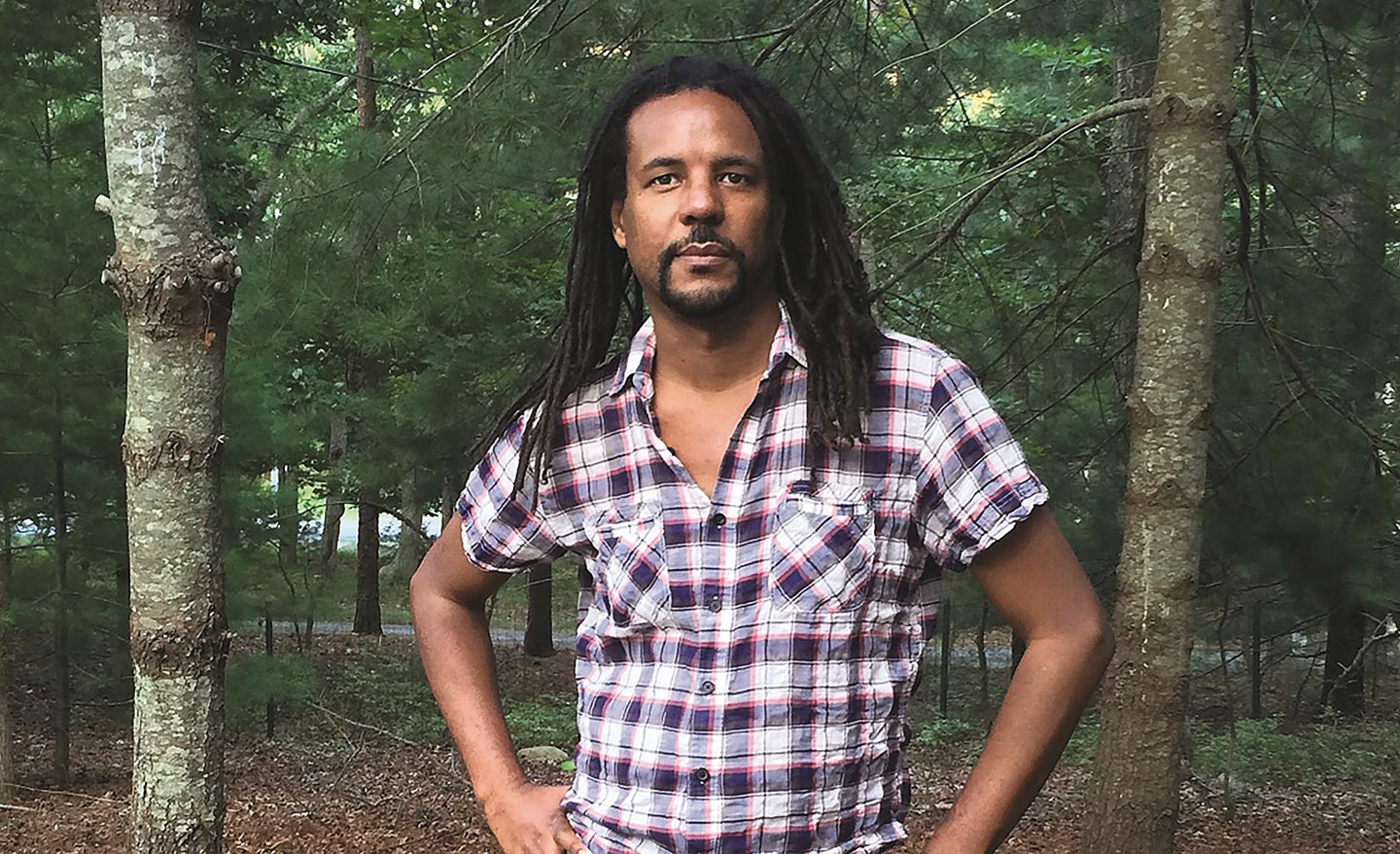Middle Passage
Pulitzer Prize-winning novelist Colson Whitehead talks to Professor of History Jim Downs about the novel The Underground Railroad.
Jim Downs: You were an English major at Harvard University. Did you always want to be a writer? Did you take courses in African American literature?
Colson Whitehead: I wanted to write from an early age. Since the fifth or sixth grade, I would watch The Twilight Zone and read comic books and Stephen King and think it would be kind of cool to write science fiction or write Spider-Man or the X-Men. Being an English major seemed like a good grounding. I tried to get into the writing classes in college and was turned down each time because my stories were terrible.
I did take a few Afro-Am classes, as they were called back then. That was my first exposure to Frederick Douglass and Harriet Jacobs. Of course, Harriet Jacobs is a big referent for the character of Cora [in The Underground Railroad]. But I didn’t write that much.
JD: What was it specifically about Harriet Jacobs that caught your attention?
CW: Harriet Jacobs wrote about how when you become a woman, you enter the most terrible time for a female slave. You’re now supposed to pump out kids—more kids means more slaves to pick more cotton. It is a different sort of terrible than that experienced by male slaves. This seemed worthy of a challenge to explore in print. I also borrowed from Harriet Jacobs’ time in an attic to inform some of the North Carolina sections in the book.
JD: The book is so beautifully written. You really got into the 19th century and you pick up on so many little details about life at that time and the rhythms of those cultures and places.
CW: As a fiction writer, I try to go to primary sources to figure out how people walked and talked and how they lived. So the slave narratives I read in college were instructive. I also read interviews with former slaves that were done in the 1930s, with people who had been kids or teenagers at the time of the Civil War. That’s where I got a lot of nouns and adjectives and looked for a lot of physical details that hopefully make the book sound realistic.
JD: The Underground Railroad is historical fiction, but there is definitely a science fiction element to it. It begins as this kind of realistic, beautiful story that’s very much about the Middle Passage and about the early days of slavery, and then the moment we see the actual locomotive, the real railroad, the novel takes a different kind of turn. Was this a natural choice for you as a writer who comes from that genre, or what was it that made the novel do a kind of genre vertigo?
CW: The book comes out of a sort of weird, oddball idea: What if the Underground Railroad was a real railroad? So in its very conception, it’s not a historical novel, it’s not supposed to be faithful to the historical record. My motto is, ‘I’m not going to stick to the facts; I’m going to stick to the truth.’ And in departing from reality, I hope I can get to a larger truth. I hope the story becomes not just about a slave running north, but a larger conversation about race and history.
For example, there are several experiments that happen in the early 20th century. But if I take those instances of abuse of black peoples’ bodies and put them in conversation with the abuse of slaves, what kind of provisions and recognitions can we spark? If I bring in the forced sterilization of poor people and the feeble-minded, which happened in the later part of the 19th century, and move that back to Cora’s timeline, how can the discussion we’re having about how black people are treated be expanded?
JD: We also see this with the late 19th- and even early 20th-century representations of black people in museums and the ways in which their history got sort of cartoonish.
CW: Yes, Africans in America were exhibited in carnivals and World’s Fairs. And you had P.T. Barnum dressing up a black guy in so-called jungle garb and having him pretend to be from the deepest, darkest heart of Africa.
As a writer, I’m trying to find arenas for Cora to be tested and grow as a character. She starts as a slave, an object, with no agency. The museum becomes a way of talking about the deformation of history—how history is treated and falsified and displayed. It also allows an uneducated character like Cora to have her own opinion. She knows the Middle Passage is not like that. She knows that the slave plantation is sanitized. You can see her growing, and her perception of her world growing, chapter by chapter and page by page.
JD: We seem to be in the midst of a Hollywood renaissance of sorts with black movies and stories about slavery. Did this influence your decision to write about this topic?
CW:The short answer is no. I had this idea 17 years ago and finally gave into it about three years ago. But in terms of the moment, I think that there’s more ease of access for filmmakers and writers and TV directors, so we have more black people in Hollywood. I think it’s natural that you’ll have more stories about our history.
